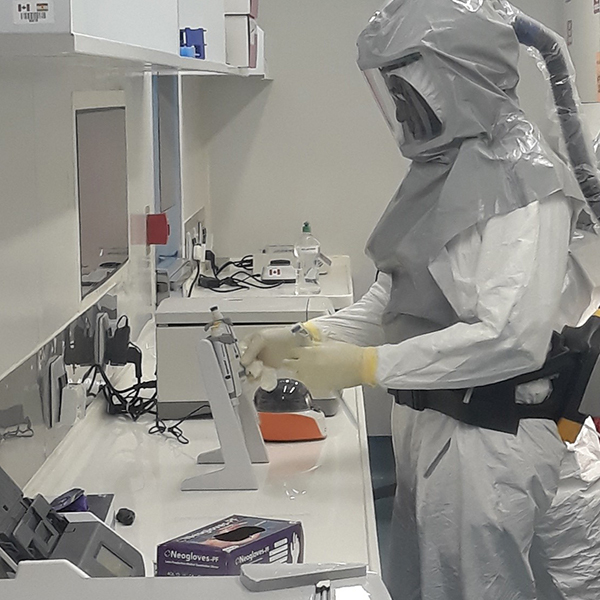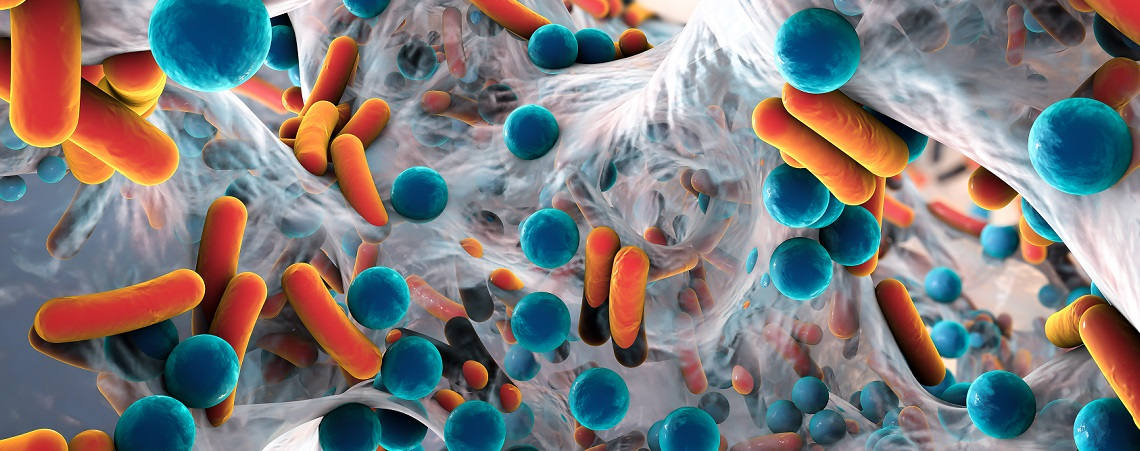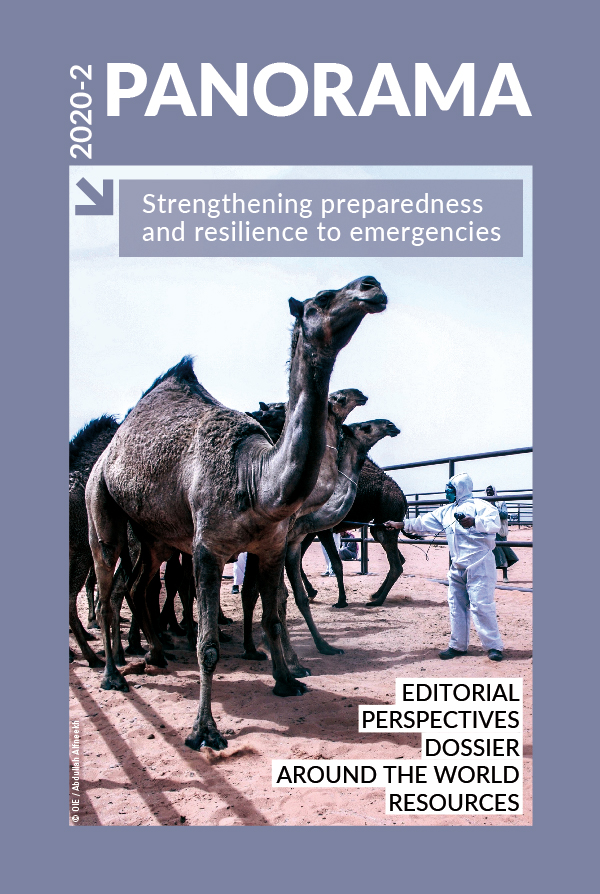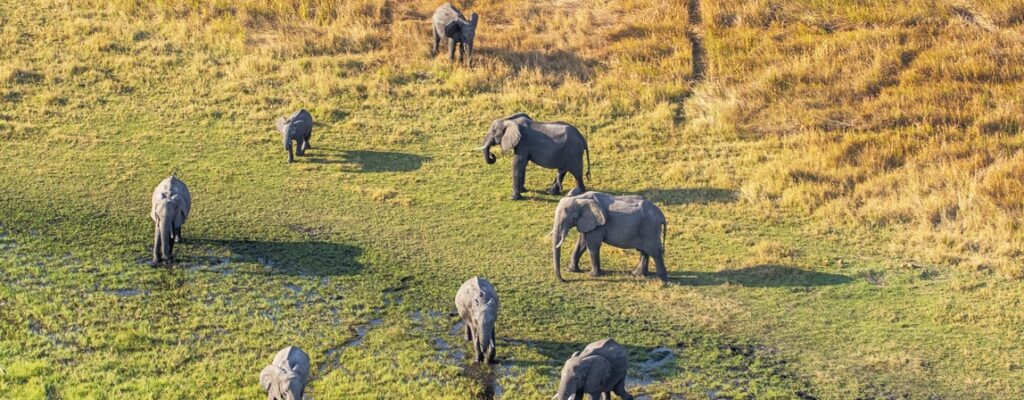Perspectives Posted on 2021-03-08 08:48:24
Opinions and strategies
A global partnership to mitigate biological threats
Keywords
Authors
T. Smith, Weapons Threat Reduction Program, Global Affairs Canada.
The designations and denominations employed and the presentation of the material in this article do not imply the expression of any opinion whatsoever on the part of the OIE concerning the legal status of any country, territory, city or area or of its authorities, or concerning the delimitation of its frontiers and boundaries.
The views expressed in this article are solely the responsibility of the author(s). The mention of specific companies or products of manufacturers, whether or not these have been patented, does not imply that these have been endorsed or recommended by the OIE in preference to others of a similar nature that are not mentioned.
As the international community comes together to fight COVID-19, it must also heed the warning issued by UN Secretary-General António Guterres, that ‘the weaknesses and lack of preparedness exposed by this pandemic provide a window onto how a bioterrorist attack might unfold – and may increase its risks’ [1].
Bioterrorism and bio-weapons threats are daunting but not new. And therein lies the good news: as an international community we know how to meet them. For nearly two decades, Canada’s Weapons Threat Reduction Program (WTRP) and other members of the G7-led Global Partnership against the Spread of Weapons and Materials of Mass Destruction (GP) have been working at the health−security interface to deliver capacity-building programmes and mitigate global biological threats.
We are pleased that the programming implemented by Canada and other members of the 31-country GP is currently supporting the global response to COVID-19. This includes a long-standing partnership between Canada’s WTRP and Ghana’s Veterinary Services Directorate, supported by the Canadian Food Inspection Agency, which has paved the way for COVID-19 testing in Ghana [2].

The World Organisation for Animal Health (OIE) has played an instrumental role in enabling successes like this. For more than a decade, the OIE and GP have collaborated to strengthen global biosecurity. Together, we have worked to maintain global freedom from rinderpest [3], to convene global conferences on biological threat reduction [4], to protect countries from agro-terrorism [5] and to design more sustainable laboratories [6].
The veterinary and security sectors have accomplished much together, but much more remains to be done to achieve our common goal of preventing, detecting and responding to all manner of disease threats.
| For more information, please visit the Global Partnership against the Spread of Weapons and Materials of Mass Destruction (GP) website |
http://dx.doi.org/10.20506/bull.2020.2.3149
References
- United Nations (2020). – Secretary-General’s remarks to the Security Council on the COVID-19 pandemic [as delivered].
- Canadian Food Inspection Agency (CFIA) (2020). – How Canada paved the road for COVID-19 testing in Ghana.
- World Organisation for Animal Health (OIE) (2020). – Rinderpest portal.
- World Organisation for Animal Health (OIE) (2017). – Second OIE Global Conference on Biological Threat Reduction, Ottawa, Canada, 31 October – 2 November 2017.
- World Organisation for Animal Health (OIE) (2020). – International cooperation against agro-terrorism. In 2019 Activity Report.
- World Organisation for Animal Health (OIE) & Government of Canada (2018). – OIE consultation on sustainable laboratories.












